Get to Know a Legislator: Rep. Eric Lesser
June 28, 2018
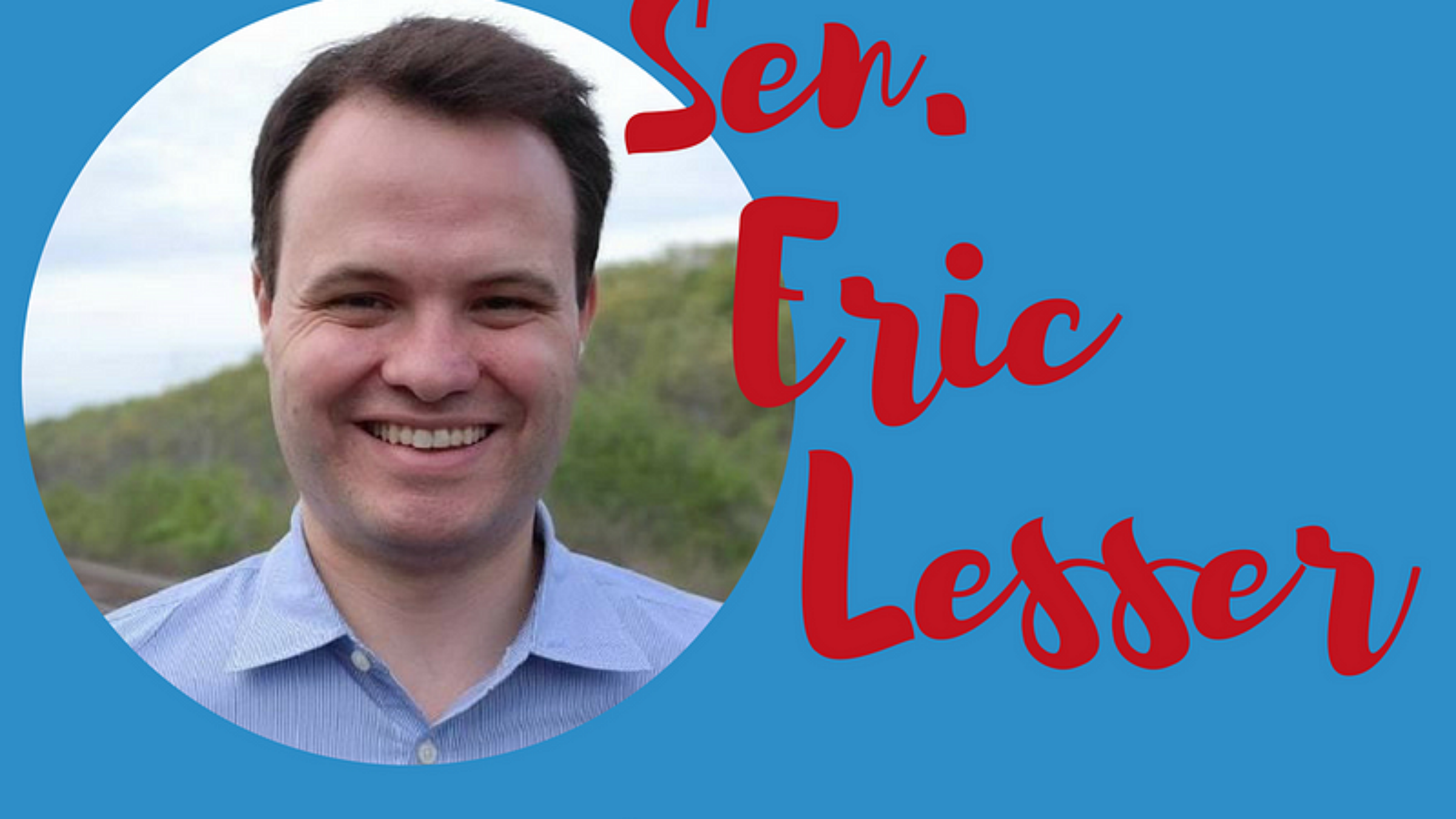
As one of the youngest members of the Massachusetts State Senate and Co-Chair of the Massachusetts Millennial Engagement Initiative, Senator Eric Lesser has represented the First Hampden & Hampshire District for nearly four years.
At the start of his career in public service Sen. Lesser quickly earned a reputation as one of the hardest working public servants in the Commonwealth. His work makes him a champion for millennial issues, with a focus on technology policy, student debt, and greater youth engagement in public affairs.
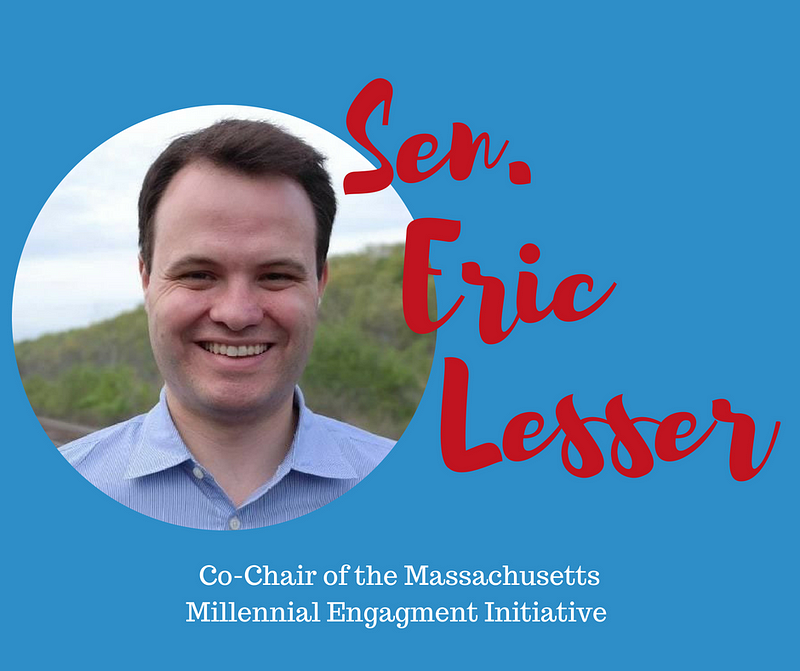
MAP: What was the first moment you remember considering public service?
Sen. Eric Lesser: The first time I appreciated the power of of politics in people’s lives was when I was called into an assembly in high school and told that dozens of teachers were going to be laid off due to state budget cuts. I didn’t think it was fair that a bunch of 16-year-olds were being asked to pay the price for decisions made miles away by politicians who had never met us and never come to our school.
So we got organized. We went door-to-door advocating for a local funding proposal on the ballot. Once teachers starting receiving pink slips, our community realized what this would mean for our students. We were successful in passing the ballot measure, saving teachers’ jobs and the arts classes and music classes and physical education that would have been cut if we had not taken action.
Tell me about your work outside of the legislature. Has this influenced decisions in your role as an elected official?
As someone who came to politics through community action and organizing, I know that change does not come from the top down but from the grassroots up. That’s what I’ve seen in my work, and that’s what I try to bring to it every day — people-powered initiatives, ideas from the grassroots that change policy and make life better for millions of residents. That’s why I do this work.
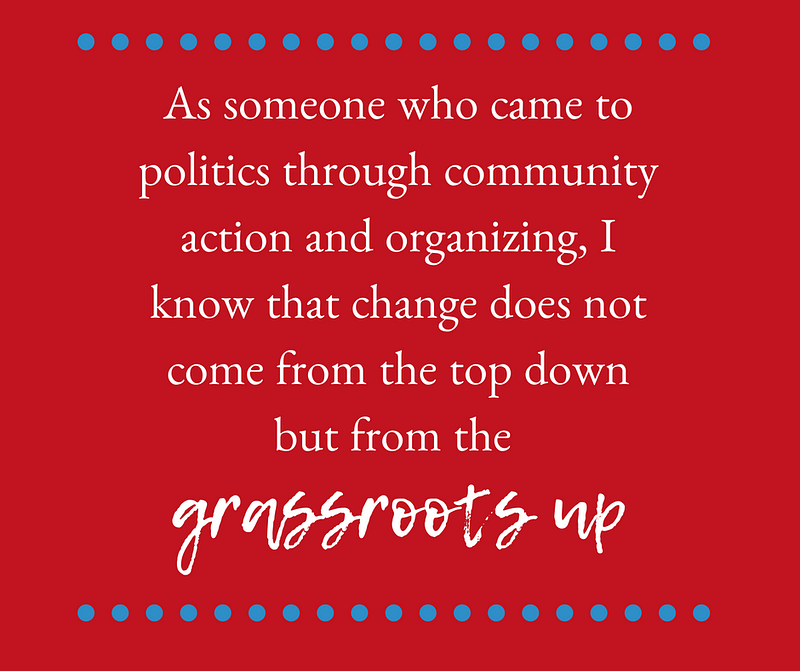
Why did the Future Caucus interest you?
The mission of the Future Caucus, to foster bipartisan dialogue on issues facing future generations, appealed to me because we will need every voice at the table to solve the greatest issues of our time. Surveys show that millennials overwhelmingly agree on the issues that led to bitter divisions in our parents’ generation, from climate change to marriage equality to common-sense efforts to address gun violence. Because we are focused on solutions, not our differences, we really can make change by working together on these challenges.
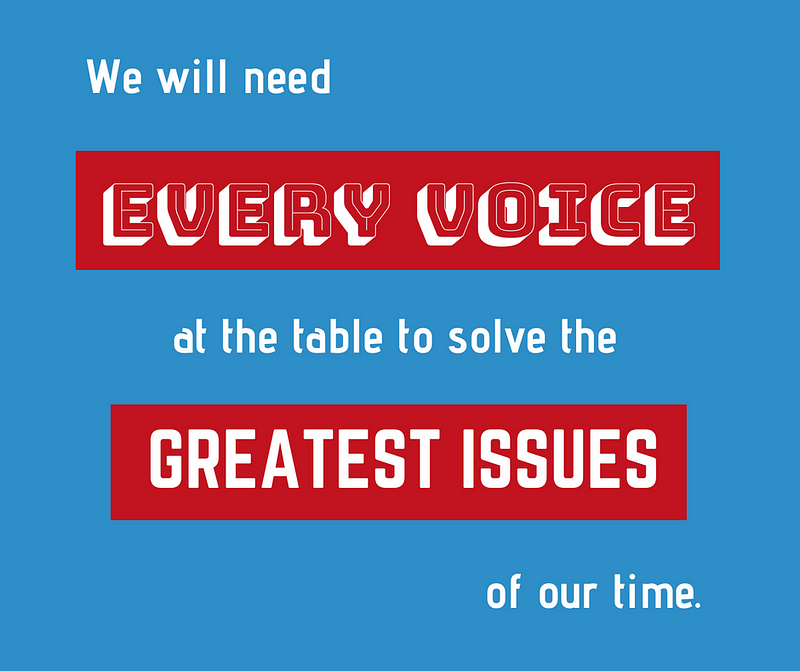
What motivated you to introduce the Student Loan Bill of Rights?
In a way, we were forced to respond when Education Secretary Betsy DeVos revoked many of the Obama-era consumer protections for students who had education loans. Hearing horror stories from constituents and young people across Massachusetts being victimized by student loan servicers was also very moving, and motivated advocates across the state to do something.
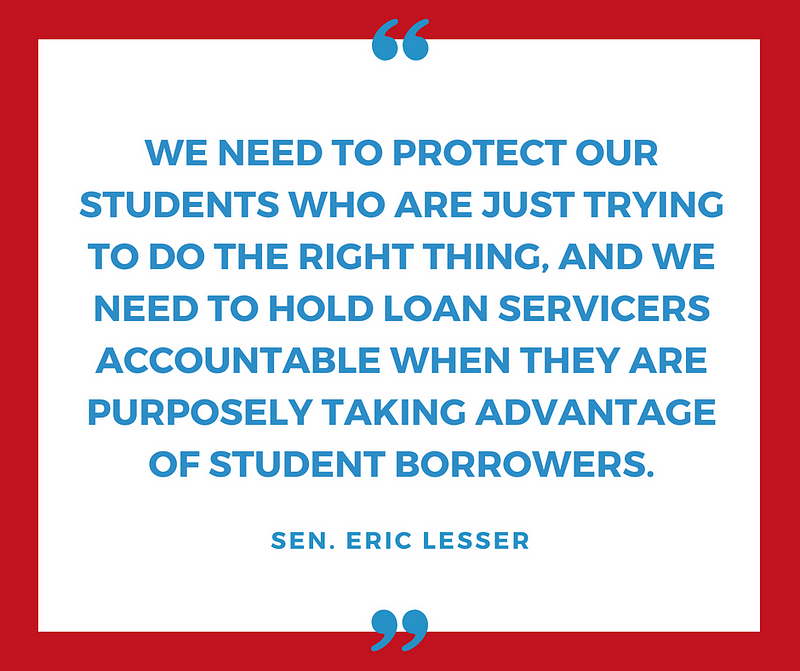
One constituent of mine, Shanique, diligently made her student loan payments on time, but when she lost her job, she had to default on her student loan. The servicer that bought her loan tripled the principal she owed, and she is still fighting them in court.
Students like her did everything they were supposed to do: go to school to get an education, get a job afterwards and work to repay the loan for school. But student loan servicers are preying on students, and our student debt crisis is ballooning out of control. We need to protect our students who are just trying to do the right thing, and we need to hold loan servicers accountable when they are purposely taking advantage of student borrowers.
Why is bipartisanship important to you?
Bipartisanship is important because we have more in common than we have in disagreement. The only way we are going to truly solve our challenges is to come together. The hyper-partisanship we are seeing is eroding our democracy and its ability to make long-term decisions like investments in infrastructure or preparations to combat the effects of climate change. If we don’t come together, we will see all these problems get worse — and then they will be that much harder to solve.
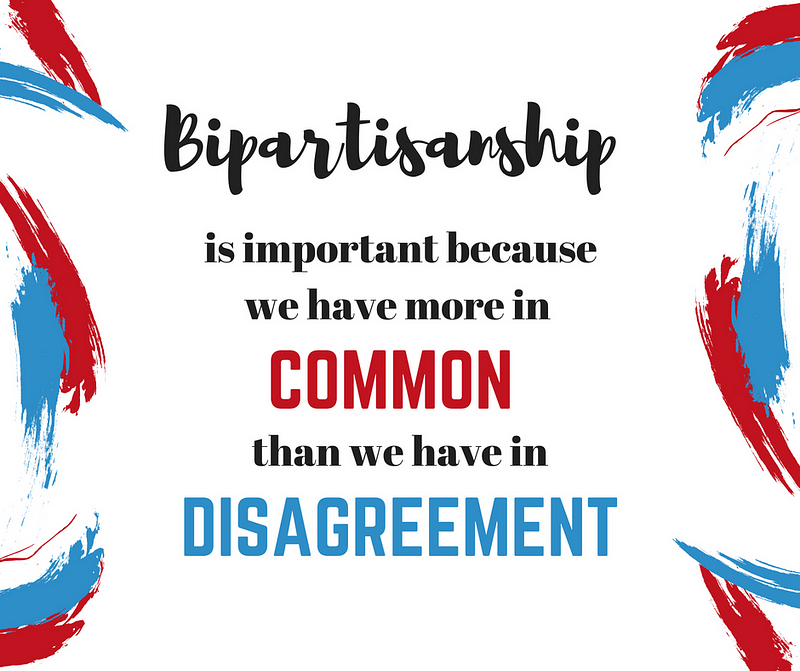
Learn more about Rep. Lesser and the work being done in the Massachusetts Future Caucus on our website.
As a 501(c)(3) organization, Millennial Action Project (MAP) is generally prohibited from attempting to influence legislative bodies in regards to policy and legislation. Guest authors frequently take firm stances on issues and policy matters that are currently being debated by policymakers; when they do, however, they speak for themselves and not for MAP, its board, council or employees.






Join 1,900+ BIPARTISAN LEADERS NATIONWIDE
Be a part of a network of lawmakers committed to governing effectively, passing more representative public policy, and increasing public trust in democracy.